The pancreas has both an endocrine function, secreting the hormones insulin and glucagon to stabilize blood sugar levels, and an exocrine organ, secreting enzymes to digest food.
According to doctors at Bach Mai Hospital, pancreatitis occurs when digestive enzymes are activated before being poured into the small intestine.
At this time, pancreatic enzymes will attack the pancreas itself, causing damage to pancreatic tissue, causing partial or complete damage to the pancreatic parenchyma, threatening the patient's life.

Inflammation can spread to the organs surrounding the pancreas, often occurring after meals containing a lot of fat, a lot of protein, especially after drinking alcohol. Acute pancreatitis often occurs suddenly in a short period of time and symptoms range from mild to severe.
Some symptoms in patients with acute pancreatitis are fever, nausea and vomiting, bloating and pain in the upper abdomen radiating to the back, which may be worse when eating.
The pain of acute pancreatitis due to drinking alcohol often lasts for several hours, the pain will increase especially when eating, especially foods high in fat or in obese people after enjoying a hearty meal with lots of meat and alcohol.
There are also some other symptoms such as: diarrhea, constipation, bowel movements... Depending on each specific patient, the severity is also different.
Patients with acute pancreatitis due to alcohol experience serious complications such as shock if it occurs early in the first days of the disease, usually due to hemorrhagic complications. If due to infection, shock usually occurs later in the second week of the disease.
Bleeding in the pancreas, in the abdominal cavity, in the digestive tract or in distant organs due to pancreatic enzymes damaging blood vessels, poor prognosis.
Infection leads to the formation of pancreatic abscess and necrotic tissue, with a poor prognosis.
Some cases of pancreatic pseudocysts often appear in the 4th week. Cysts can also persist longer and can lead to complications of bacterial infection and abscess.
Acute pancreatitis needs to be treated promptly because it can create a "cytokine storm" - an excessive immune response of the body when pancreatic fluid overflows out of the pancreas, pouring into the abdomen causing peritonitis, septic shock...
The toxin can also enter the bloodstream, causing hypotension, sepsis, and damage to organs outside the abdomen. Acute necrotizing pancreatitis often has a very poor prognosis, with many patients suffering from severe complications, progression to multiple organ failure, and a high mortality rate of about 20-50%. Most (80%) of severe necrotizing pancreatitis cases requiring treatment and special care at the beginning of the year at the hospital are men, with an average age of 30-40 years old, and the pain begins after drinking alcohol.
Hospital stays for treatment of these diseases are often long, in some cases up to several months.
In addition, alcohol abuse is identified as the cause of 70% of cases of chronic pancreatitis. This is a condition of chronic irreversible damage to the pancreatic parenchyma, leading to prolonged abdominal pain, episodes of acute pancreatitis, and very negatively affecting the quality of life.
Therefore, if you abuse alcohol, especially during long holidays or parties with many people, the risk of acute pancreatitis can easily "visit" you.
Liver failure and cirrhosis due to alcohol are things that people often mention, but acute pancreatitis due to alcohol is quickly fatal if it progresses severely. The only way to prevent it is to limit excessive alcohol use.
Therefore, people who regularly drink alcohol or have a history of pancreatitis need to equip themselves and their families with knowledge about this disease.
The simplest and most effective way to control and prevent acute pancreatitis is to change your daily diet and lifestyle.
Everyone should apply the following methods to minimize the risk of pancreatitis, including avoiding beer, alcohol, and alcoholic beverages; drinking plenty of water every day; eating a healthy diet, increasing fiber in vegetables and fruits and eating less fat; not smoking.
The most important thing is to be aware of the harmful effects of alcohol and limit the use of this beverage.
Source






























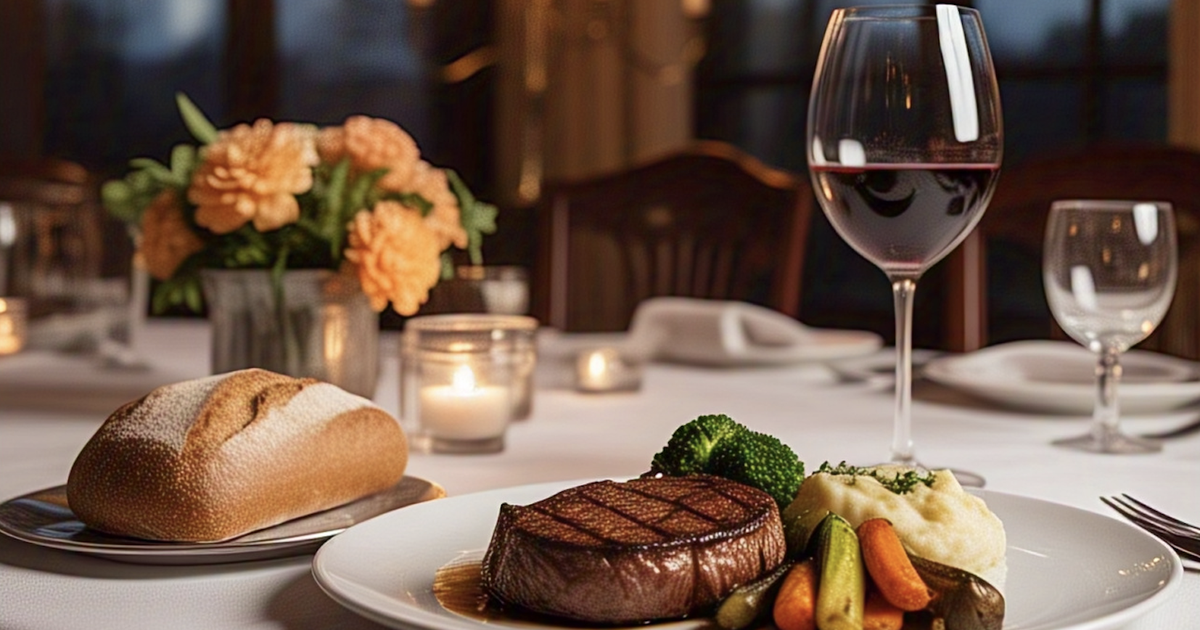

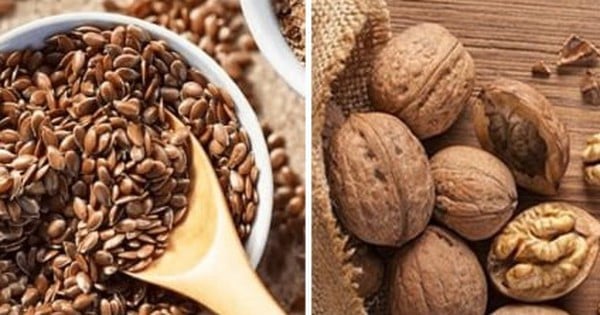

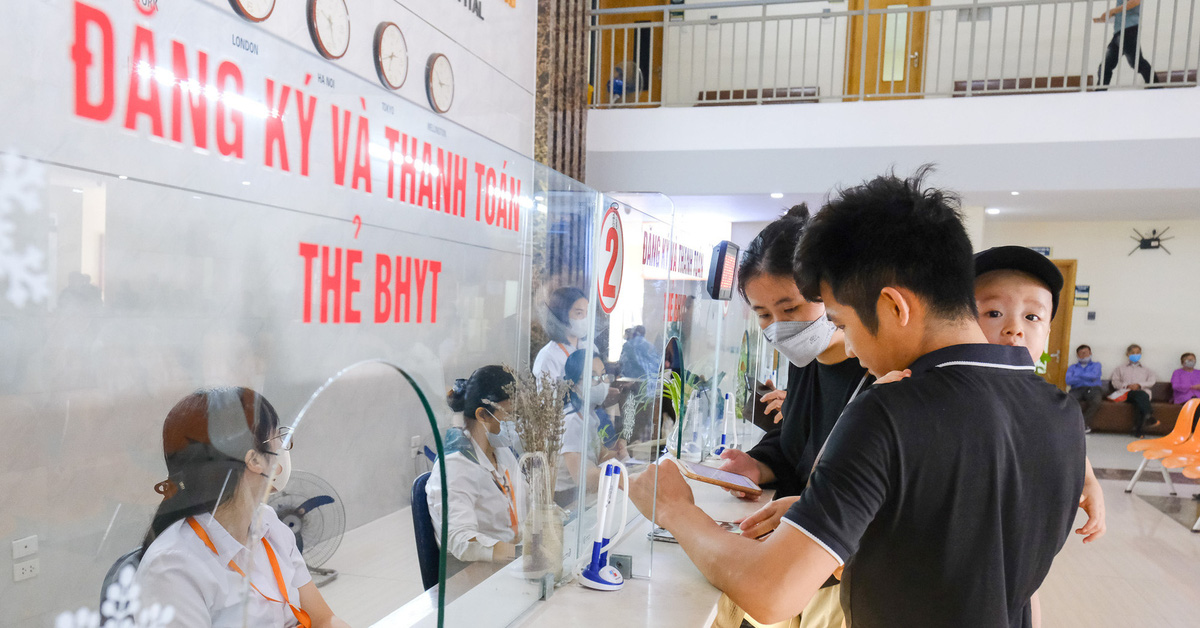

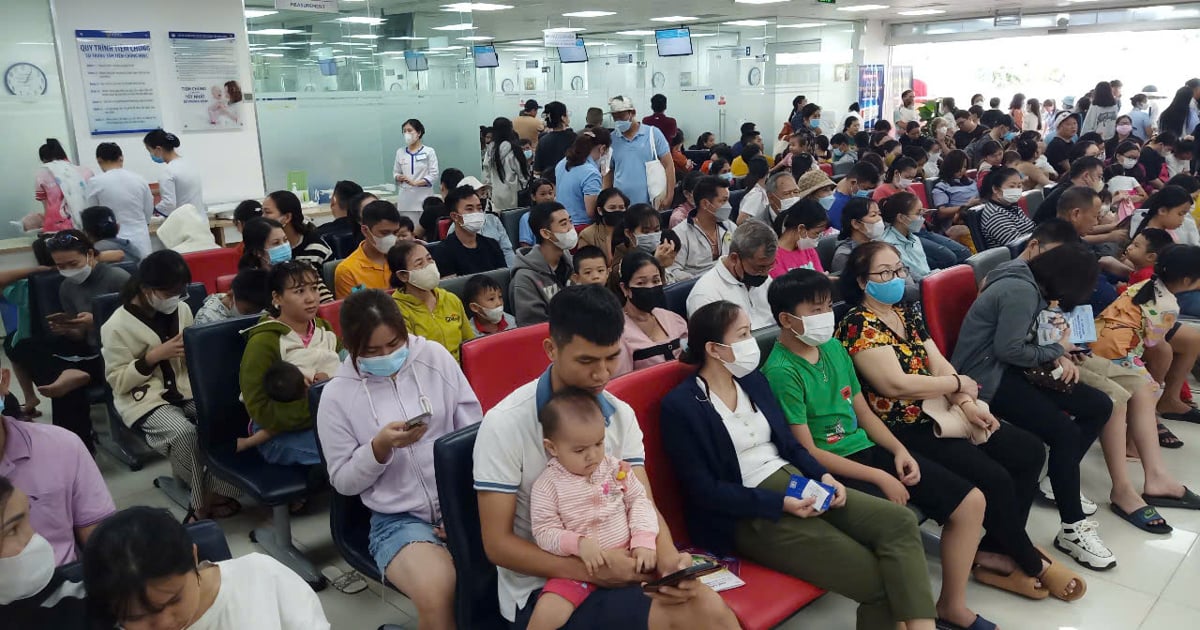

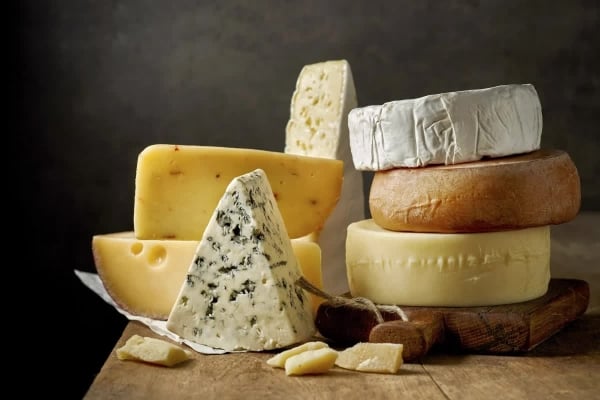


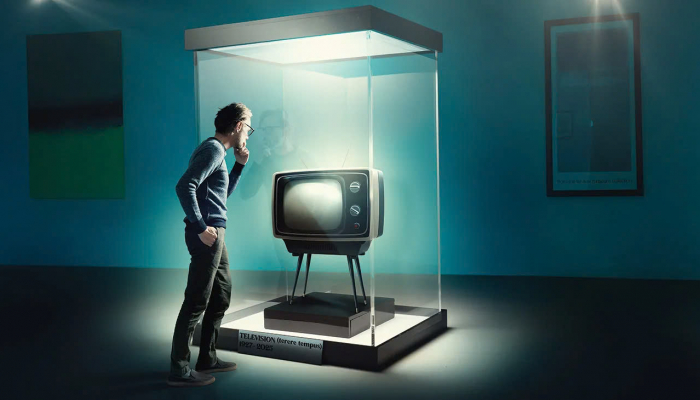
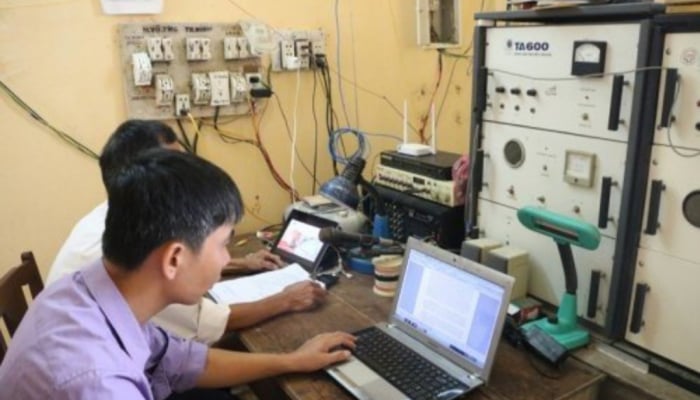
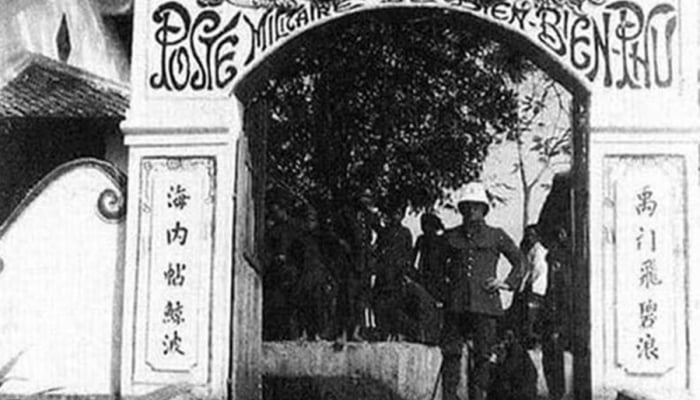
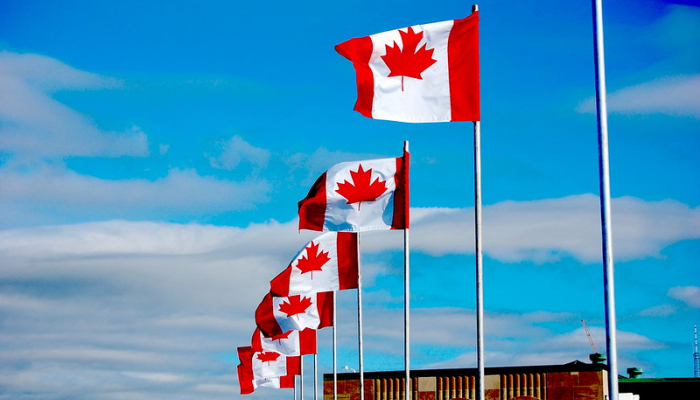
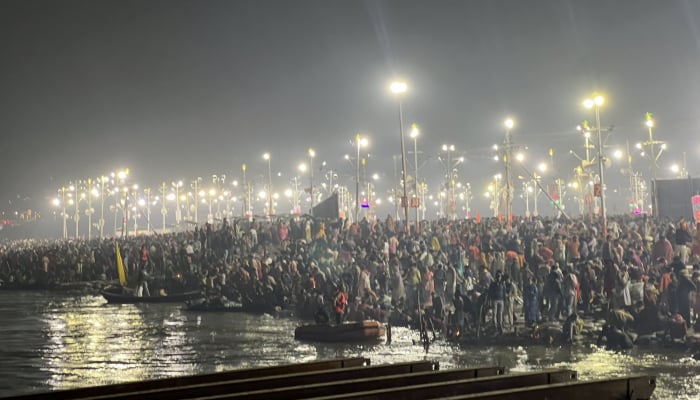













Comment (0)